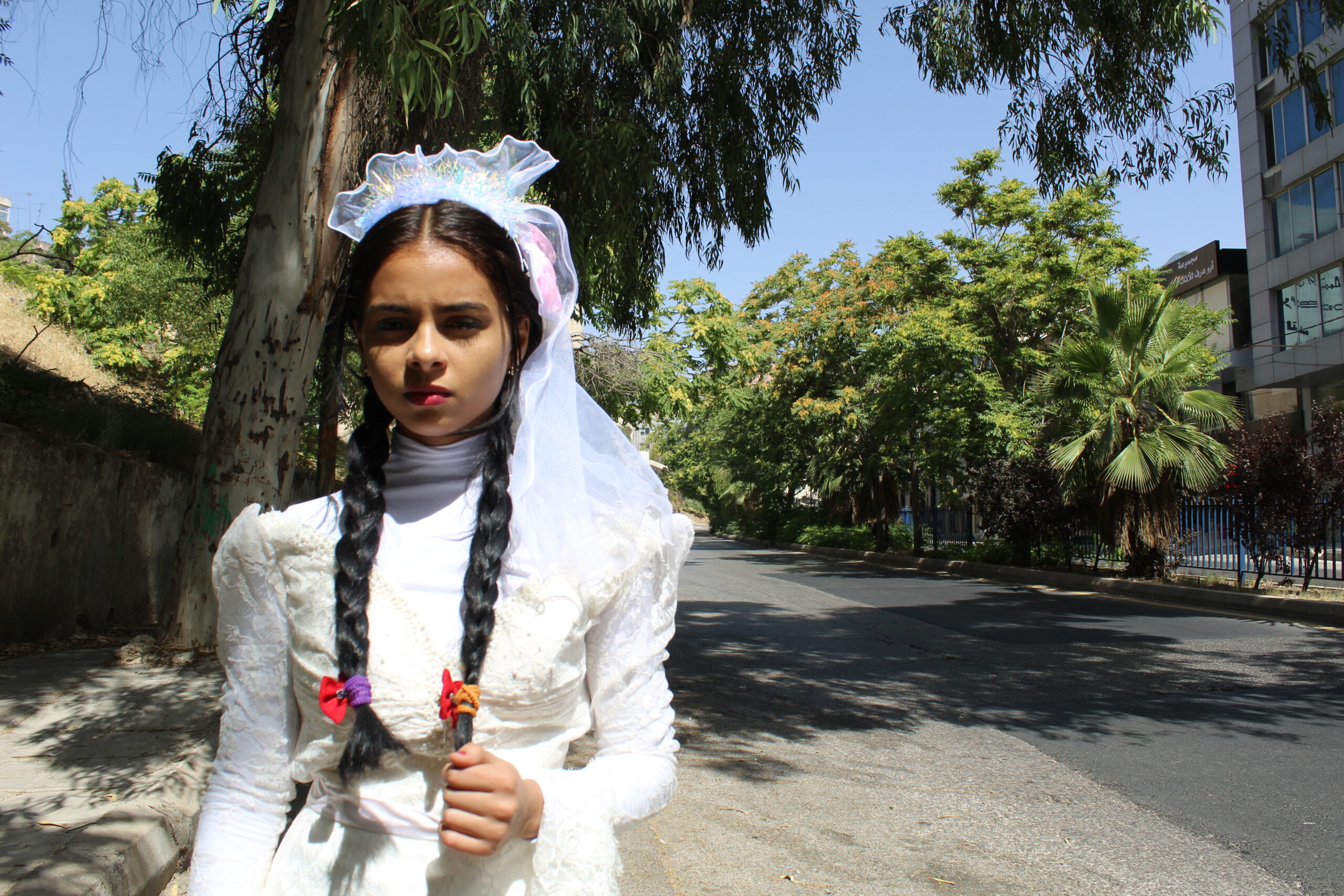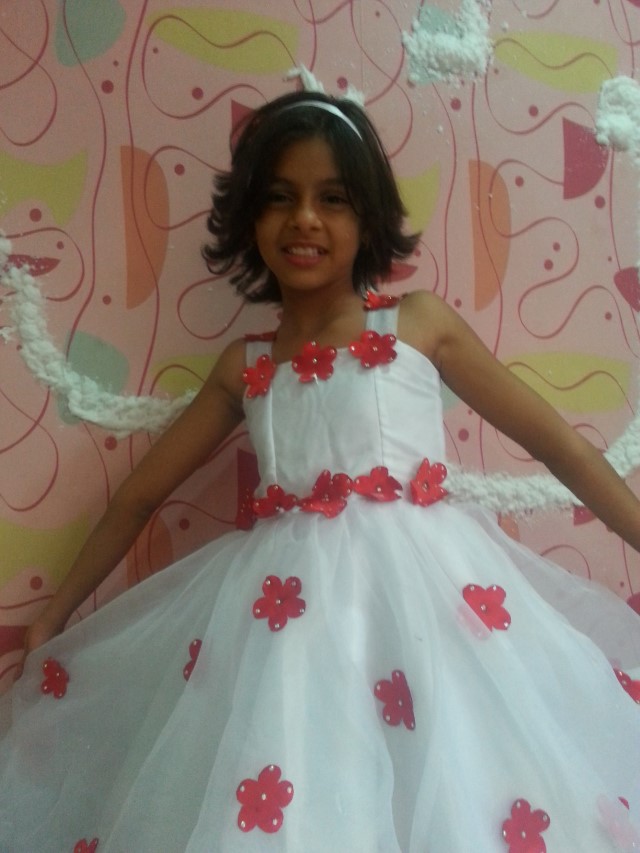Unveiling the Truth: Examining the Prevalence of Child Marriage in Saudi Arabia
childmarriage English istherechildmarriageinsaudiarabia Child Marriage in Saudi Arabia: A Violation of Human Rights
Child Marriage in Saudi Arabia: A Violation of Human RightsChild marriage is a distressing issue that continues to plague societies around the world, including Saudi Arabia. It is a violation of human rights, depriving children of their childhood and subjecting them to a plethora of physical, emotional, and psychological traumas. Although efforts have been made by international organizations and governments to tackle this problem, child marriage persists as a deeply rooted cultural practice in many societies.
In Saudi Arabia, it is estimated that around 13% of girls are married before the age of 18. This alarming statistic sheds light on the urgent need for comprehensive measures to eradicate child marriage in the country. Factors such as poverty, cultural traditions, and limited access to education contribute to the prevalence of this issue, making it a complex challenge to address.
One of the key consequences of child marriage is the denial of education for young girls. Marriage often interrupts their educational journey, hindering their dreams and aspirations. Education plays a crucial role in empowering girls, improving their quality of life, and breaking the cycle of poverty. By allowing girls to stay in school, they are given the tools to shape their own future and contribute to the development of their communities.
Furthermore, child marriage exposes young girls to a greater risk of experiencing physical and sexual abuse. Their immature bodies are ill-equipped to handle the demands of childbirth, resulting in higher rates of maternal and infant mortality. These girls also face increased vulnerabilities to mental health issues, such as depression and anxiety, as they navigate through the challenges of early marriage.
Efforts have been made by the Saudi Arabian government to address child marriage through legal means. In 2019, a new law was passed raising the minimum age of marriage to 18 years for both genders. This is a significant step forward in protecting the rights of children and ensuring their well-being. However, enforcement and awareness of this law remain key challenges.
To combat child marriage effectively, it is necessary to address the underlying factors that perpetuate this practice. Initiatives promoting education for girls must be prioritized, ensuring equal opportunities and access to quality education. Additionally, advocating for legal reforms, enforcing existing laws, and raising awareness in communities can help shift societal norms and attitudes surrounding child marriage.
International collaboration and support are also essential in eradicating child marriage globally. Organizations such as UNICEF and Girls Not Brides work tirelessly to raise awareness, provide support services, and advocate for policy changes. Governments must actively engage in partnerships with these organizations to develop comprehensive strategies that protect children and empower communities to combat this violation of human rights.
In conclusion, child marriage remains a deeply rooted issue in Saudi Arabia, robbing children of their fundamental rights and perpetuating a cycle of poverty and inequality. Education, legal reforms, and community awareness are crucial in addressing this problem. By working together, we can create a world where every child has the opportunity to enjoy their childhood, pursue their dreams, and contribute to the betterment of society. Nada Alahdal A human rights activist to advocate for the issue of child marriage, and head of the for the Protection of Girls https://nadaalahdal.com/2023/08/01/unveiling-the-truth-examining-the-prevalence-of-child-marriage-in-saudi-arabia.html?feed_id=4950&_unique_id=64c898ea94301&15615













